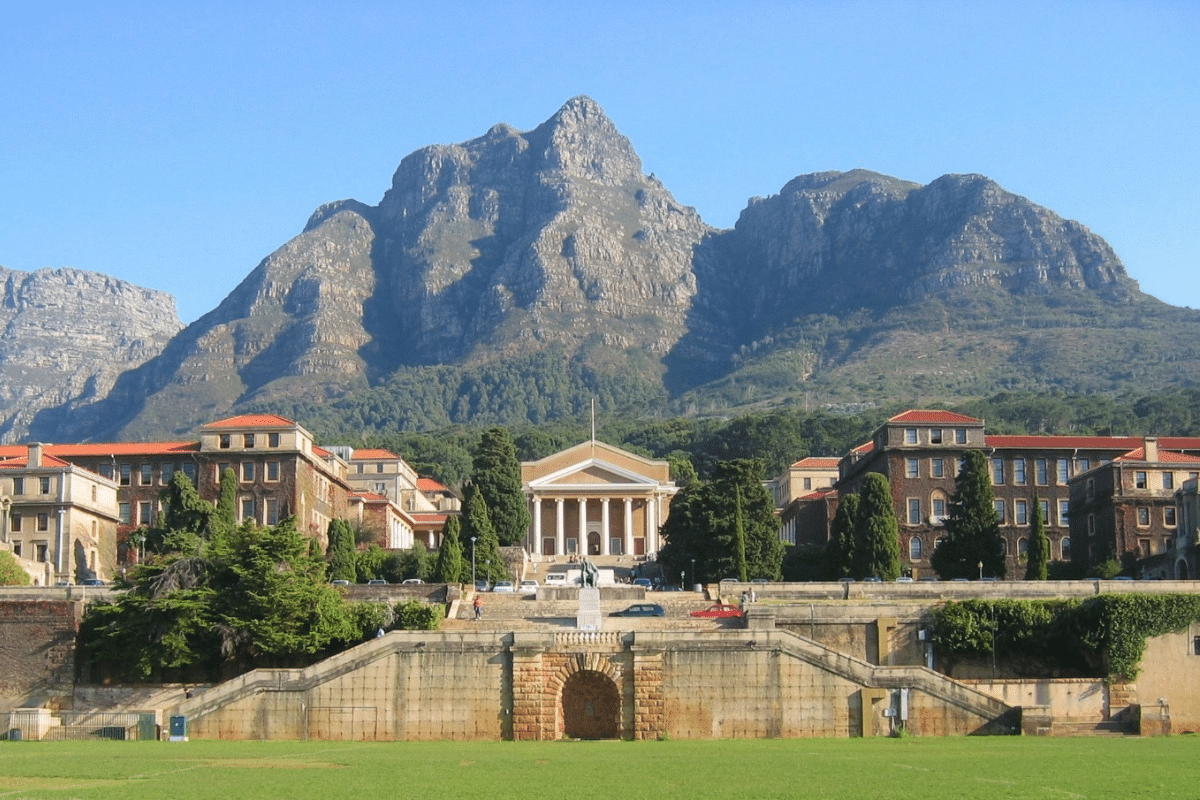Education
Going South: Life at the World’s Most Progressive University
Activists have discovered that the best form of defence is attack.

Many universities have a problem—on this point there seems to be widespread agreement. The nature of that problem, however, remains bitterly contested. Liberals and conservatives worry that higher education has succumbed to regressive radicalism on matters related to race and gender. Those who self-identify as progressives and social justice activists, on the other hand, complain that universities are still governed by embedded structures of oppression, and that liberals and conservatives have succumbed to a moral panic in response to reasonable calls for reform. Although these debates are common in universities in countries like the United States, Canada, and the United Kingdom, they are particularly pronounced in South Africa, where I teach philosophy at the University of Cape Town.
In my book, The Fall of the University of Cape Town, I offer a detailed account of what has been happening at (and to) Africa’s leading university since the #FeesMustFall protests began in October 2015. On multiple occasions in 2015, 2016, and 2017, the university was shut down for weeks at a time by a relatively small group of activist students demanding “decolonized” higher education and an end to increases in student fees. In ostensible pursuit of these goals, protesters set fire to historic artworks, university vehicles, and the vice-chancellor’s office, and vandalized university buildings with human excrement.
More worrying still, they intimidated hundreds of people with threats of violence backed by instances of assault. An activist used a sjambok to whip a cellphone out of a fellow student’s hand, a vice-chancellor was punched, students and staff who defied the protesters were pushed and shoved, a security guard was beaten with a steel rod, and another had to be hospitalized after a rock was dropped onto his head. No one was ultimately held accountable, either by the university’s disciplinary system or in the country’s courts. (When charges were laid, they were later withdrawn.)





